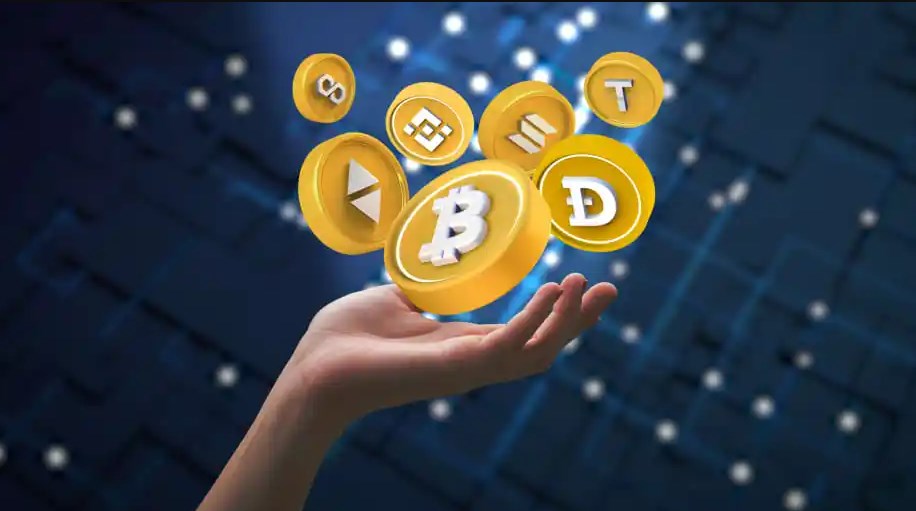What does digital currency dgb mean?
- 尊渡假赌尊渡假赌尊渡假赌Original
- 2024-04-25 15:02:441074browse
DGB is the token of Digibyte, an open source blockchain network based on the proof-of-work algorithm, featuring high-speed transactions, multi-algorithm security, decentralization, low transaction fees and a wide range of use cases. DGB can be used as a medium of exchange, investment, smart contracts and decentralized applications.

#What is digital currency DGB?
DGB is the token of Digibyte, an open source blockchain network based on the Proof of Work algorithm (PoW).
Features of Digibyte:
- High-Speed Transactions: Digibyte claims to be able to process over 560 transactions per second.
- Security: It uses multi-algorithm security, combining five different hashing algorithms to prevent 51% attacks.
- Decentralization: Digibyte’s blockchain is maintained by thousands of nodes around the world, making it highly decentralized.
- Low Transaction Fees: Digibyte’s transaction fees are extremely low compared to more popular cryptocurrencies.
- Multiple Use Cases: Digibyte can be used for a variety of purposes, including payments, smart contracts, and decentralized applications (dApps).
Use of DGB:
- Medium of Exchange: DGB can be used to purchase goods and services online and in-store.
- Investment: Some investors view DGB as an asset with long-term growth potential.
- Smart Contracts: DGB can be used to create and execute smart contracts on the Digibyte blockchain.
- Decentralized Applications: DGB provides support for the development and deployment of decentralized applications on the Digibyte blockchain.
Buy DGB:
DGB is available for purchase on a variety of cryptocurrency exchanges, including Binance, KuCoin, and Bittrex.
The above is the detailed content of What does digital currency dgb mean?. For more information, please follow other related articles on the PHP Chinese website!

